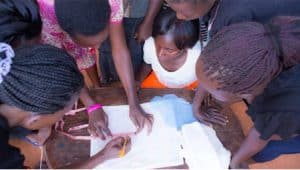 by Barbara Castleton
by Barbara Castleton
“For want of a nail, the shoe was lost. For want of a shoe the horse was lost…” Many of us have grown up hearing this proverb and its subsequent couplets, and though the verse is ancient, the message endures. A single element neglected or lost can have devastating effects. With the help of activists and innovators like Eileen Stephens and her partner, Skip Amos, both Landmark Forum graduates committed to making a difference, steps can be taken to mitigate this proverbial caution in relation to young girls. Why? Because there is a phrase for the single greatest deterrent to female education in the developing world. It is called MHM or menstrual hygiene management.
Yes, it is due to a biological monthly “visitor” that many young girls don’t benefit from a full and critical educational experience. Eileen and Skip were introduced to this fact via a powerful book entitled “Half the Sky”. Eileen read in its pages how hundreds of millions of girls in “less-developed” and “least-developed” nations, as defined by the United Nations, were missing days of school each month, or even dropping out, due to the onset and continuation of menarche, a girl’s period. This knowledge led to determination and ultimately, to My Tavia.
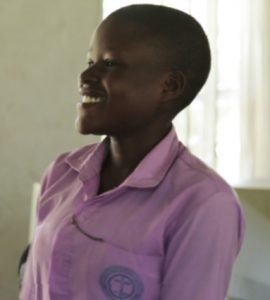 While in the United Sates, a pre-teen girl’s introduction to her period comes with an awkward talk, appropriate visuals, and lots of supplies, in dozens of countries around the world, the girl-to-woman discussion may or may not happen and there are often no supplies. Most likely this is due to a lack of funds, a situation frequently partnered with lack of access due to the remoteness of villages. In many countries, especially emerging nations, feminine hygiene products are expensive relative to family income, so girls go without or make do. Eileen explains that “making do” may mean using leaves, feathers, rags, or banana fibers. None of these are really appropriate to the task or comfortable for the wearer. Thus, it is not unusual for girls to develop painful sores on their inner thighs through the long-term use of such ill-suited materials.
While in the United Sates, a pre-teen girl’s introduction to her period comes with an awkward talk, appropriate visuals, and lots of supplies, in dozens of countries around the world, the girl-to-woman discussion may or may not happen and there are often no supplies. Most likely this is due to a lack of funds, a situation frequently partnered with lack of access due to the remoteness of villages. In many countries, especially emerging nations, feminine hygiene products are expensive relative to family income, so girls go without or make do. Eileen explains that “making do” may mean using leaves, feathers, rags, or banana fibers. None of these are really appropriate to the task or comfortable for the wearer. Thus, it is not unusual for girls to develop painful sores on their inner thighs through the long-term use of such ill-suited materials.
With an aim to providing reusable pads to thousands of girls each year, Eileen and Skip are launching a monthly sponsorship program, called Tavia, whereby American women will buy their own feminine hygiene supplies direct, and in the process, sponsor a kit containing washable pads to a girl in one of nine countries, including Rwanda, Uganda, Mexico and Ecuador.
The way it works is simple and very much like a Razor a Month or Fruit of the Month subscription and delivery service. A woman signs up, customizes her order of products, chooses a delivery date for the discretely packaged kit, and, that’s it. On Tavia’s end, the extra funds pulled from the cost are used to purchase kits already made in-country and to distribute them to local school girls.
Rather than reinventing the wheel, Eileen and Skip wanted to provide a way to grease it, so they investigated the already existing non-profits focusing on women’s betterment, looking for a group that had manufacturing and distribution sources. Along the way, Eileen found Fashion and Compassion, a fair trade organization working with underprivileged women throughout the world. Through the connections already established by Fashion and Compassion, Tavia will be able to help in developing mini-manufacturing locations where the pads are made and the kits put together by local women, providing welcome jobs and income in the process.
The stakes for the girls, their families and their nations is high. Eileen quotes current research saying, “Girls who stay in school and become educated are pivotal in improving their families’ chances of increased prosperity.” The data has demonstrated that education has a causative impact on a reduction in overall births among females in these struggling nations. The chain of effects directly associated with improved education include:
1. later age for marriage
2. better health and pre-natal choices
3. fewer pregnancies
4. lower mortality rate of infants
5. more family resources available for the children born.
An additional advantage is that education provides long-term options. For an uneducated woman, low paying jobs and childrearing are the two basic life choices. A more educated woman will find greater opportunities in terms of marital options, plus wider employment opportunities and improved chances for realizing personal ambitions.
It is not the goal of Tavia to reduce fertility although that is a byproduct of an educated female population. Instead, Eileen and Skip are motivated by a desire for human justice, creating a space in which young women can make choices about their future not dictated by lack and deprivation. It may seem ironic that it is a woman’s cycle, ubiquitous, mysterious, and essential, that can make the difference. In April of 2017, Eileen traveled to Uganda to do a trial run of the pad kit program. Three schools in and around the capital city of Kampala were chosen to launch Tavia with personal visits and appropriate instruction. While Eileen spent time with the girls, Skip talked to the boys in each school, explaining why the entire society and individual families would benefit from having girls fully educated.
On the girls’ side, dozens of questions arose, questions that made evident the shame underlying the simple fact of having a period. Are pain meds okay? Should I avoid certain foods? Certain activities? What about the smell? Will the pads cause sores? Chalk and a blackboard enabled Eileen to make the biological aspects clear, and frank, informational discussions created a bond between her and the girls.
Dorene exemplifies many of the young women Skip and Eileen met on their trip. Her school is 1-2 hours out of Kampala, near where Dorene’s nomadic family settled in order to give the children a stable environment and a chance for schooling. Her mother works very hard to earn enough money to pay the boarding school fees, which run from $250-500 dollars per year. At school, Dorene is just one among a hundred plus other children from 10 different tribes, each with its own traditions, history, and culture. An added benefit of this diverse student group living together is the way it teaches boys and girls how to get along despite long-held cultural or tribal differences.
“You did a very big thing,” commented one of the male teachers at the end of Eileen and Skip’s visit. Too often he has seen girls forced to leave school due to a lack of feminine hygiene products. The excitement evinced by the visitor’s talks about education, empowerment, and the future has remained anchored in the minds of the students, even months after Eileen left. A regular program of deliveries and discussions will serve to build on those mental gains.
Eileen and Skip have reached the final stage in the overall plan by setting up a website called mytavia.com where women can order monthly feminine products. The order triggers the distribution of a kit containing four washable, reusable, and comfortable pads to a girl desirous of a full and vital education. With the assistance of one menstrual kit, young girls can pave the way to a future of greater prospects. It doesn’t get much more direct than this, where a woman in a privileged nation helps a younger, more disadvantaged woman regain control of her life and her tomorrows.
To find out more, watch the video below or visit mytavia.com.
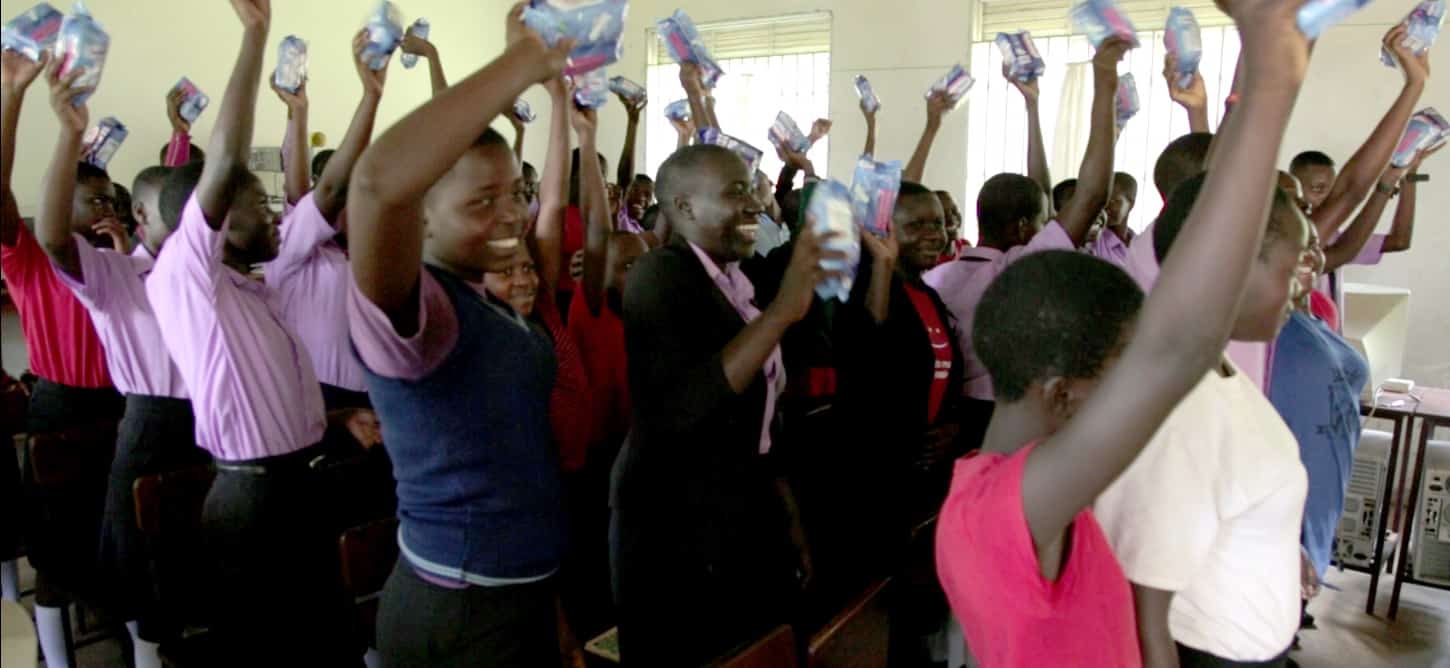
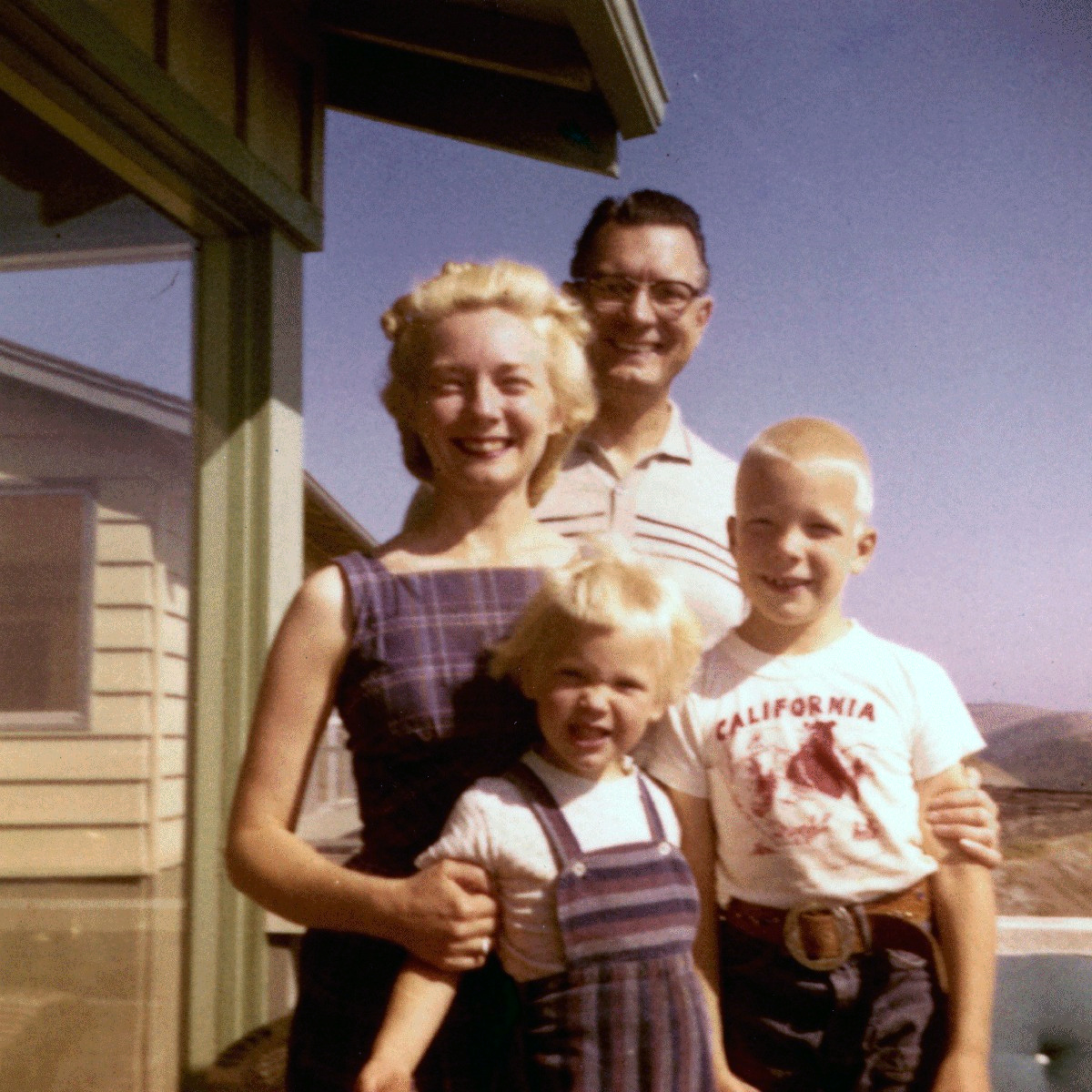
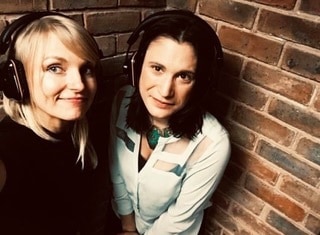
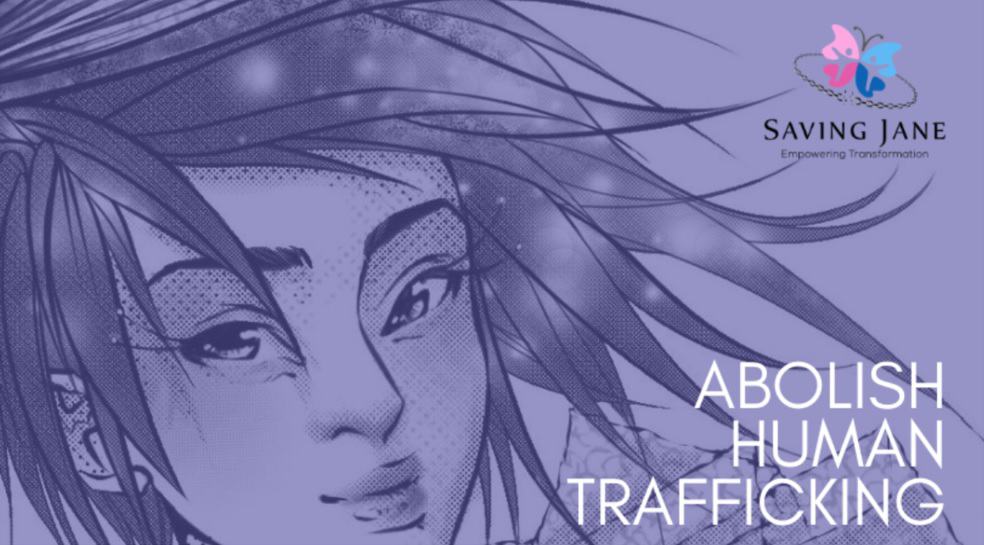
2 comments
Great project! You may also want to connect with Lunapads. Check them out at https://lunapads.ca/pages/about-us
Greeting This is Emma,
I really appreciate your content. One thing that can change people behavior and the world is education.Educated people can bring lots of positive change in the cities , countries and world. Also in people behavior ;the way that people talk and the way he think or make decision. Good education can helps in bringing the change in people in one way or another.
Thank you.